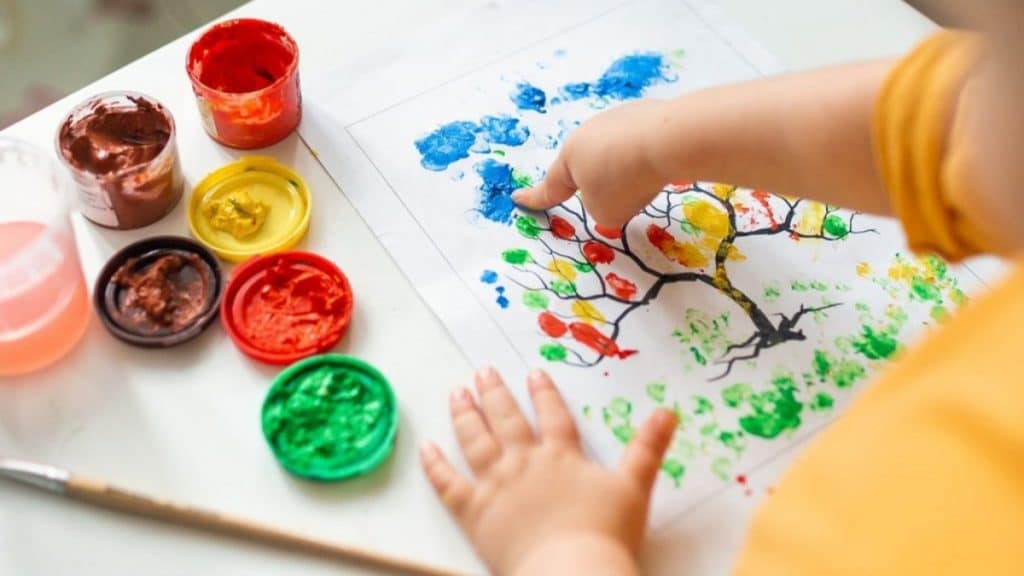In entertainment and education, creation companies significantly influence childhood experiences. Through their inventive products and captivating narratives, these enterprises ignite young minds’ imaginations, nurturing a sense of wonder and creativity. A prominent global toy manufacturer’s work provides an exemplary illustration of such an impact.
Bridging the Gap Between Imagination and Reality
Creation companies like Mattel excel in merging imagination with reality. Their products transcend the label of mere toys; they serve as instruments that enable children to explore expansive, fantastical fields. These companies allow children to materialize their imaginative play by offering tangible representations of concepts and stories. This process of translating fantasy into reality is essential for children’s cognitive and social development.
The Power of Narrative
Narrative is a cornerstone of human culture, and these companies adeptly utilize this to captivate young audiences. Through enthralling stories, these companies evoke a sense of adventure and excitement. Whether through action figures, dolls, or interactive playsets, the tales woven by these products inspire children to envision themselves within grand adventures. This immersion in narrative entertains and educates, imparting moral lessons and social values.
Fostering Creative Expression
One of the most valuable contributions of creation companies is the promotion of creative expression. By offering various customizable and interactive products, these companies empower children to craft their own stories and characters. This autonomy in design and personalization fosters creativity and innovation. Children develop creative thinking and unique problem-solving skills, which are crucial for their future.
Learning Through Play
Educational toys represent another area where creation companies shine. These toys seamlessly integrate fun with learning, making education an enjoyable pursuit. Interactive and STEM-focused toys, for instance, introduce children to foundational scientific and mathematical principles in an engaging manner. By transforming learning into a playful activity, children develop a positive outlook towards education, laying the groundwork for lifelong learning.
Building Emotional Bonds
Toys often become beloved companions for children, providing solace and friendship. These companies are attuned to the emotional connections that can form between children and their toys. By crafting products that children can relate to and bond with, these companies contribute to the emotional growth of young minds. The characters and stories tied to these toys frequently resonate deeply, aiding children in navigating their emotions and fostering empathy.
Embracing Inclusivity and Diversity
Modern creation companies increasingly acknowledge the significance of inclusivity and diversity in their products. By creating toys that reflect various cultures, ethnicities, and abilities, these companies ensure that every child sees themselves represented in their playthings. This representation is vital in fostering children’s self-esteem and a sense of belonging. Additionally, it teaches them to value and celebrate differences from a young age.
Integrating Technology
Today’s creation companies are proficient at incorporating technology into their products. For instance, augmented reality and virtual reality experiences enhance traditional play by adding new dimensions. These technologies provide immersive experiences that captivate children’s imaginations while also introducing them to the possibilities of technology. This integration prepares children for a future where digital literacy will be crucial.
Promoting Physical Activity
Despite the growing digitization of toys, creation companies also prioritize the importance of physical activity. Many toys are designed to encourage movement and outdoor play, balancing screen time with physical exercise. These activities promote physical health and enhance coordination, balance, and overall motor skills.
Commitment to Sustainability and Ethics
There is rising awareness of toy production’s environmental and ethical impacts. Leading creation companies adopt sustainable practices using eco-friendly materials and ethical manufacturing processes. By educating children about the significance of sustainability through their products, these companies instill a sense of environmental responsibility from an early age.
Creation companies like Mattel occupy a unique position in shaping children’s experiences and development. Through innovative products and engaging narratives, they spark wonder and creativity. These companies play a crucial role in nurturing well-rounded individuals by championing inclusivity, integrating technology, and promoting mental and physical development. As they continue to evolve, their potential to positively influence future generations remains vast, ensuring the preservation and celebration of childhood wonder.
